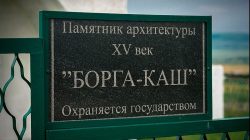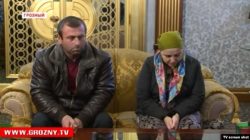
Tshinval/Sukhum (Agency Caucasus) – Both Abkhazia and South Ossetia are taking a tougher stance against the western diplomats as these diplomats choose officially to get in touch with alternative administrations that Tbilisi founded.
The President Eduard Kokoiti of South Ossetia said that his administration would not host in his country the western diplomats who attended a conference organized by the Tbilisi administration in the village of Kurta last week when the Ossetians were celebrating the annual day of independence: “These are the kind of acts that should not be allowed to occur, as they do not help to resolve peacefully the question of separation at all. These countries are responsible for the kind of state terror as it is carried out by Georgia.”
Joint action to be taken
The President Sergei Bagapsh of Abkhazia showed a similar attitude towards the kind of diplomats who met with officials of the Abkhazian government in exile established under the supervision of Tbilisi in Upper Kodor Valley, an area of Abkhazian land.
“We warned last summer when the Abkhazian government in exile moved into Upper Kodor Valley that we would reject requests from both the United Nations mission and the Friendship Group of the Secretariat-General of the United Nations to meet with us. We are a civilized country; we would definitely not stop anyone from coming to and seeing the beauty of Sukhum. However, we would not have a political dialogue with anyone from any country under these circumstances,” Bagapsh told a press conference in Sukhum. “Though we protested it, we know well that the United Nations mission has an office in Upper Kodor,” Bagapsh also said and added his words of regret at learning that a group of officials from the United Nations met with Dmitri Sanakoyev, President of the alternative South Ossetian administration, when the South Ossetians were celebrating the day of independence: “I will be taking a joint decision with officials of the foreign ministry of my own administration to have a different approach towards such officials from the United Nations. Whatever we do, we will do in cooperation with both








